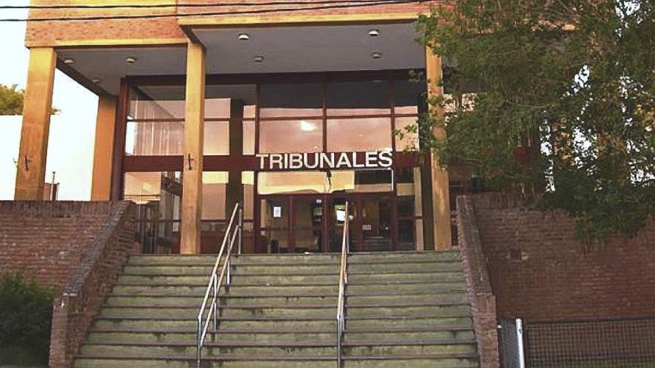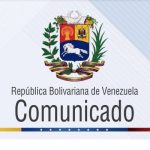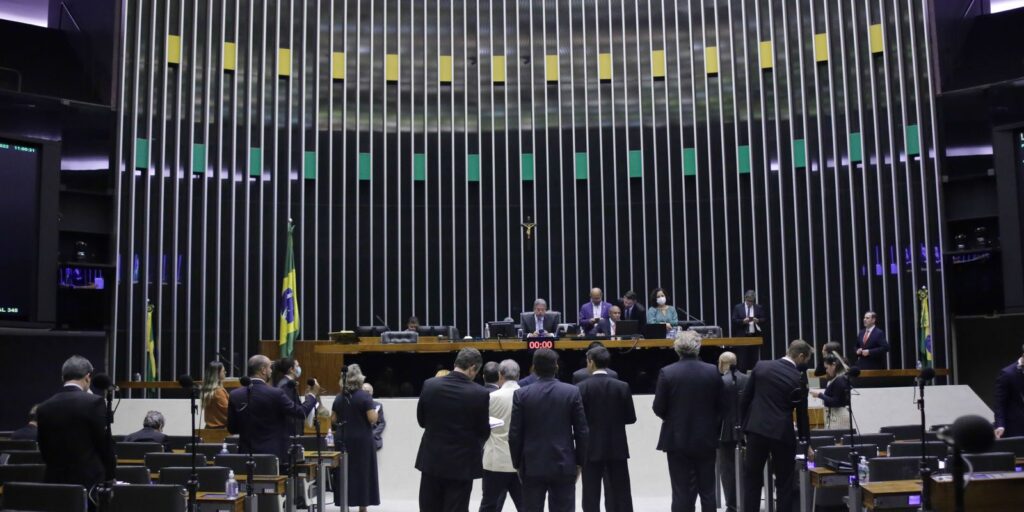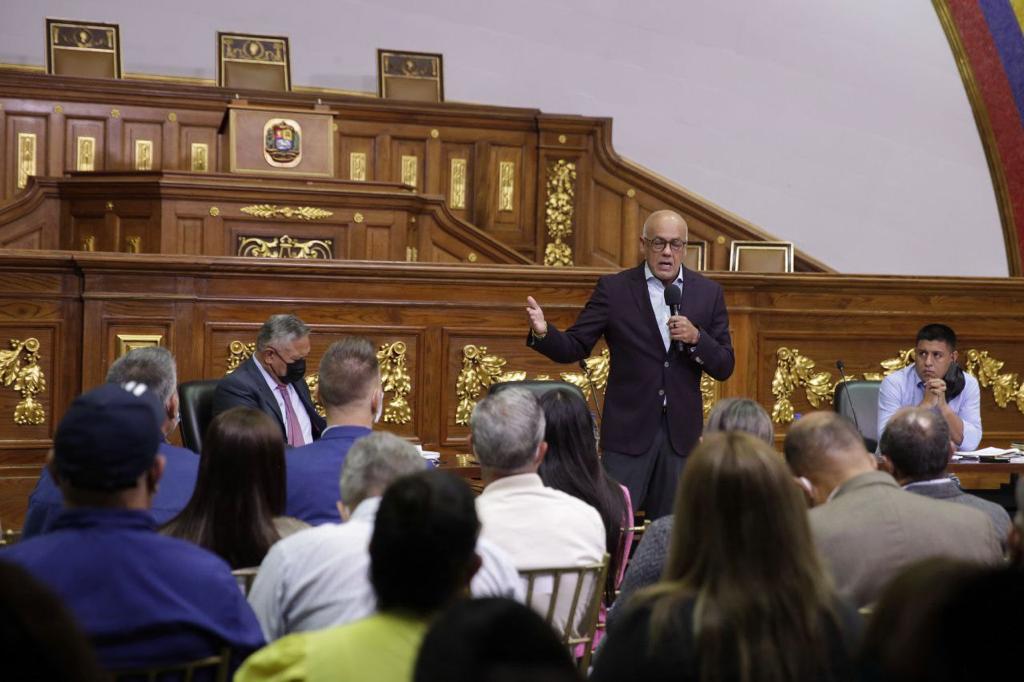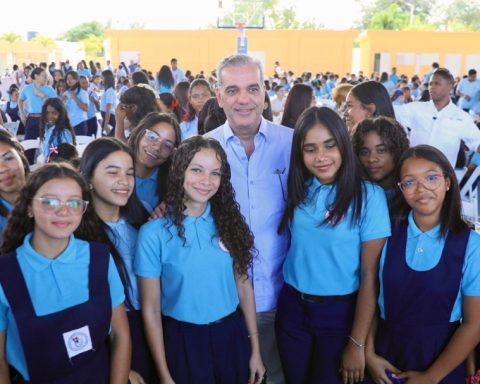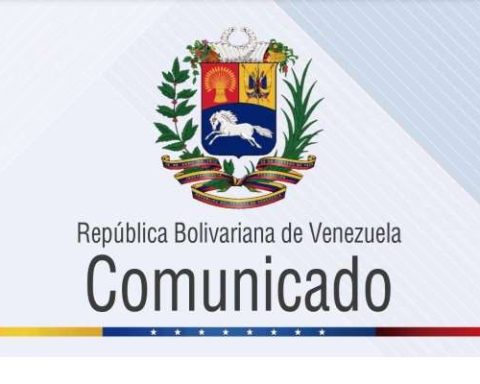The Court for Children, Youth, Family and Gender Violence and Juvenile Criminal from the Cordoba city of Bellville He issued a resolution, which he later translated into Quechua to notify a woman of the ruling in the context of an adoption case, because she only understood that language, it was reported Tuesday.
According to data released by the Provincial Judiciary, the Court had to notify a woman that her biological daughter, 8 years old, was declared fit to be adopted.
Since the biological mother only speaks and understands Quechua, the court and the defense drafted easy-to-read paragraphs in Spanish, which were translated by interpreters into that language.
The process of the case began after her daughter has lived with a family for five years, and they are in charge of taking her to all the therapies and treatments she needs to achieve development according to her age, therefore “ Over the years, he has generated an emotional bond with his guardians and already identifies that address as his home, ”the Justice detailed in the resolution.
For the purposes of formalizing the notification of the judicial decision, the judge Noelia Azcona and the legal adviser Vanesa Nigro, agreed write a resolution with easy-to-read paragraphs that were translated by interpreters from the Institute of Higher Education of Aboriginal Cultures of Córdoba.
They write a text in #Quechua to inform a woman that her daughter will be given in #adoption. The biological mother only understands that language. The court and the defense drafted paragraphs of #EasyRead in Spanish, which were translated by interpreters. https://t.co/GUPR18ufzv pic.twitter.com/gKbLeTHOyC
– Justice Córdoba (@JusticiaCba_ARG) May 23, 2022
The ruling, translated into Quechua
During that meeting, the magistrate made him listen to an audio in his mother tongue and at the same time explained to him by text that he could appeal the court decision if he did not agree.
In that text with audio format with simple language in Quechua, prepared especially for your understanding, the magistrate listens and says to RSV: (the mother) “Hello, I am Noelia, the childhood judge who knows and decides on the situation of M. J (the girl). This letter is to tell you that I have decided that MJ is no longer your daughter from a legal point of view.
“When the file began, she was very ill, malnourished and without psychomotor stimulation. Today MJ is very well, schooled, dances folklore and is a happy girl. I know all this because she told me in a hearing in which we were able to chat, and because of all the reports that I have in the file, ”the judge tells him.
He continues along these lines, explaining that the letter in Quechua “was your lawyer’s idea, we are interested in you understanding what situation MJ is in and that you know that you can appeal the decision I have made”, and adds that “the girl will continue to visit you at you, Juan and Miguel Ángel, and he knows his origins very well, you can rest easy on that too. Greetings”.
Nigro also identifies himself and, continuing with the words in Quechua, tells him that his daughter “is very well and well cared for and wants to keep in touch with you and her brothers, because she knows her origin”, and that although it is very important to that the judge decided “we can question them if it is your intention and we are available for whatever you need.”
“When the audio ended, the woman expressedthrough his brother that he had understood and that he agreed with the decision” of Judge AzconaTherefore, an act was signed that the woman certified with the thumb print, since she did not know how to sign, and the text was delivered in Quechua on paper.
in the minutesthe magistrate pointed out that in judicial proceedings in which people in vulnerable conditions participate “their beliefs, their culture, their language and their land must be respected.”
It also emphasized that, in accordance with the Brasilia Rules, the girl’s biological mother presented multiple situations of vulnerability, which constitutes the concept of intersectionality: she is a woman, illiterate, does not speak Spanish, has no income of her own, and belongs to indigenous communities.
The resolution also explains to the parent what legal situation her daughter is in and reminds her that, if she disagrees, she can oppose this decision through the Bell Ville 2nd Shift Legal Counsel, led by Vanesa Nigro.
In addition, it is noted that the girl “is very well, schooled, dances folklore and is a happy girl” and that, although she lives with another family, she will continue to visit her and that “she knows her origins very well.”
The sentence declares the girl in a situation of adoptability and, consequently, declares the deprivation of parental responsibility of the biological mother.
Also grants legal guardianship for the purpose of adoption of the girl to the couple with whom she lives and summons him so that, once the sentence is signed, the corresponding adoption process can begin.
